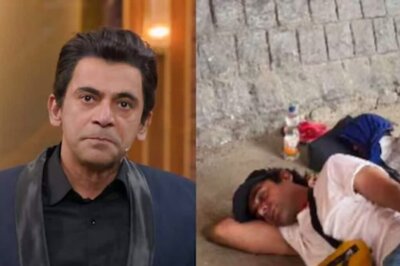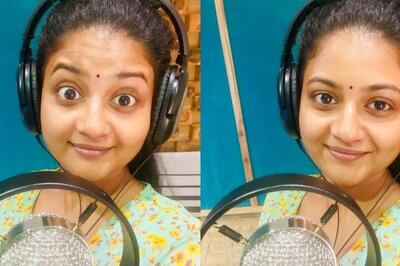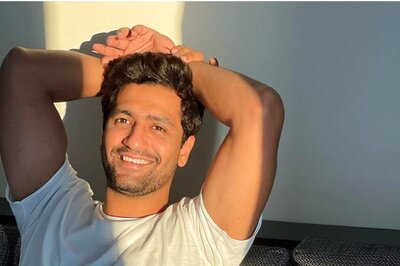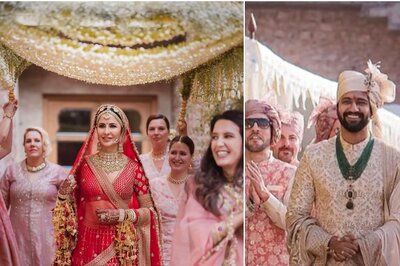
views
HYDERABAD: Schools in the city have opened their gates for admission to class I for the academic year 2012-13. Parents are rushed and online discussion forums are full of queries over deadlines and fee structures. However, few schools have made any provision for the 25 percent quota ordained for students from economically weaker sections (EWS) living in the neighbourhood of these schools, under the Right to Education (RTE) Act. A security guard at an ‘international’ school, Sayanna, wants to be in the queue of parents who have come to collect admission forms to 1st standard. “It is my way of ensuring that Raju (son) does not have to work as a night-watchman like me,” says Sayanna. If implemented, the Act will guarantee Raju a berth in the school. However, his father observes ruefully, “They won’t even let us in, forget an admission for our children.” It is unlikely that the provision will be implemented in time for the coming academic session due to a stay order in the court. However, the quota has evoked strong opposition from different quarters. The stay sought by some schools in the city is over clarity on disbursement of fees for quota students. The RTE Act aims at making quality education accessible to all and blur class distinctions through education. “Elite schools which do not want to implement this provision are few in number. It is unfair to say that parents from economically poorer sections are not involved in their children’s education. By dismissing the provision on these grounds, we are under-cutting the aspirations of the poor. It is also beneficial to ‘rich schools’ as their students learn how to behave in a real social milieu rather than grow up in a sphere of people from similar backgrounds,” says Isidore Philips, a child rights activist.Parents who send their children to expensive schools are worried. “What if our children pick up bad habits from them? Is it fair that we pay a large sum of money for admission to a premier institution and they avail the service for free?” asks Rashmi Pundit, whose daughter studies in an international school.“I send my son to a prestigious private school. Where will children from economically weaker sections fit in in such an atmosphere? Such a move will dilute standards,” says Aqeel Syed, a parent.The question of inclusive education is best-addressed by teachers. They observe that the challenges posed by having a quarter of students from the weaker sections will require some tweaking of the system. The onus is on school managements which have an important role to play in helping the students cope.“The managements will have to initiate an active procedure to make these children a part of the class. For us teachers, all students are children in uniforms. The cultural differences will melt down as the children are going to be integrated from the beginner’s level in standard I and will receive similar instruction,” says Sangeetha Varma, principal of Richmond High School at Kamalapuri.Some educators also feel poor students admitted to posh schools can be exposed to psychological stress due to the obvious economic disparities on display. “Children tend to tease each other. How is this (the quota for poorer children) a measure towards equity when instead of improving government schools, they want the private unaided schools to act on it,” asks Madhavi Chandra, principal of Gitanjali Devshala.Absence of a clear directive continues to be a check on the aspirations of those who equate good education with better opportunities. Till then, for Lakshmi who works as a housemaid, educating her daughter Uma in an English-medium school will have to be balanced by two extra homes to work to pay for the fees.




















Comments
0 comment